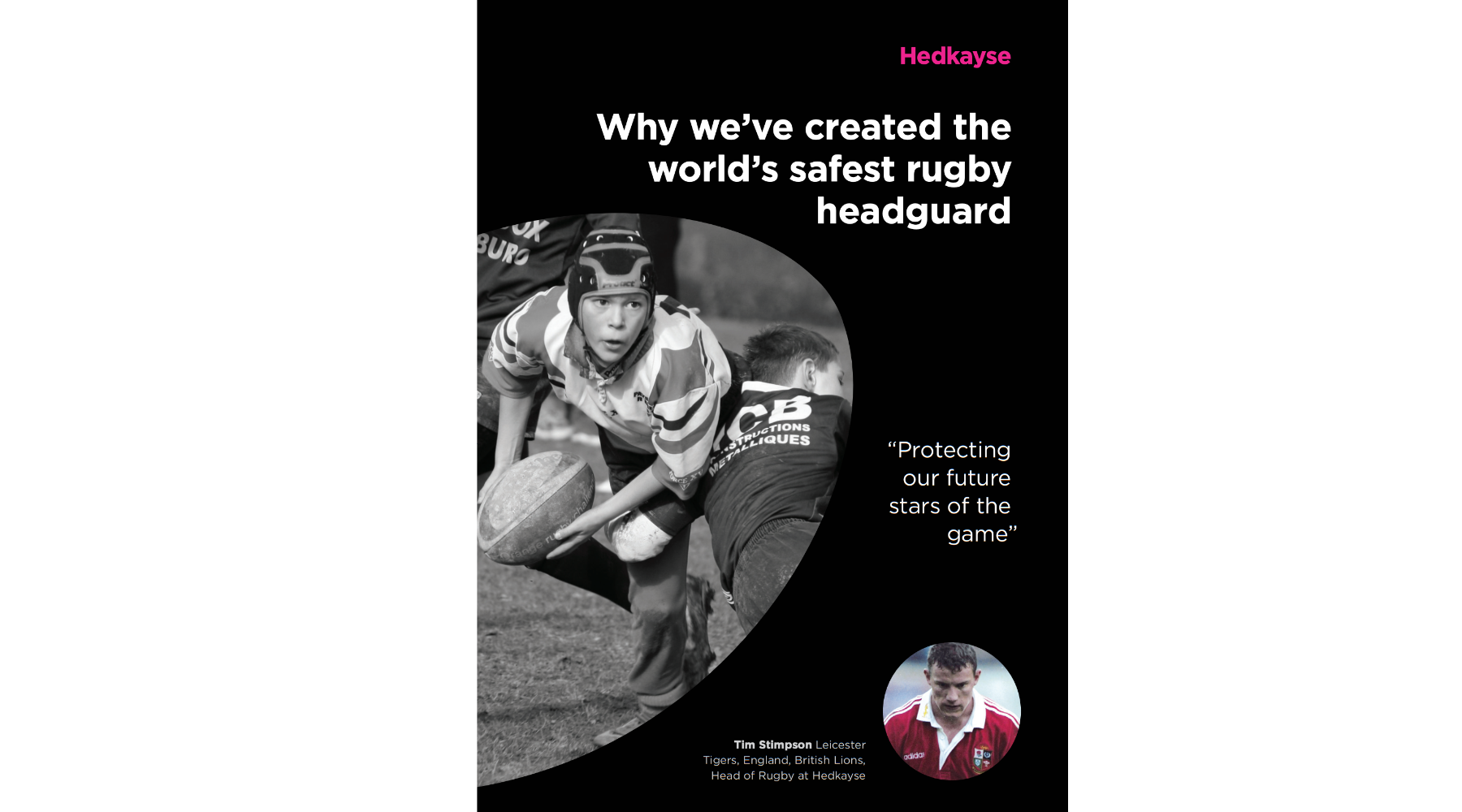Helpful Infomation
Handling Concussion
The Key Facts
- Concussion is a brain injury that can occur both in and out of sport
- We all have an important role to play in the recognition and management of concussion
- Returning to normal life (and work/school) should take priority of returning to sport
- Most concussions recover well with time
- There are risks. These are significantly reduced if the brain is allowed to recover before being put at risk of further injury – “If in doubt, sit them out”
- There are Return to Sport” protcols to help safely manage a return to sporting activity. These were updated in April 2023 following the release of UK government guidance (see below). Timeframes listed are the earliest allowed, progress should be dependent on symptoms and medical clearance.
Signs and symptoms of concussion
There are many signs and symptoms that may suggest a concussion has occurred and there may be only one symptom present, or multiple signs and symptoms.
Whats are the signs of concussion?
If any of the following signs are noted the injured person should be suspected of having sustained a concussion:
- Dazed, blank or vacant look
- Lying motionless on ground or slow to get up
- Unsteady on feet/falling over/incoordination
- Inappropriate or unusual behaviour
- Loss of consciousness or not responsive
- Grabbing / clutching of head
- Seizure (fits)
What are the Symptoms of Concussion?
If any of the following symptoms are experienced the injured person should be suspected of having sustained a concussion:
- Headache
- Dizziness
- Confusion, or feeling “slow”
- Visual problems
- Nausea or vomiting
- Fatigue
- Drowsiness / feeling like “in a fog“ /difficulty concentrating
- “Pressure in head”
- Sensitivity to light or noise
Worrying symptoms
If any of the following signs or symptoms are noted then the injured person should be transferred to the nearest hospital for urgent medical assessment.
- Severe neck pain
- Double vision
- Weakness or tingling / burning in arms or legs
- Severe or increasing headache
- Seizure (fit)
- Loss of or deteriorating consciousness (increasingly drowsy)
- Repeated vomiting
- Increasing confusion or irritability
- Unusual behaviour change
Recovery and Return to Sport
For more detail on recovery and returning to play please visit Return2Play
- Early rest, with plenty of sleep, is key to making a good recovery
- Feeling better, while reassuring, is not the same as the brain having recovered
- All players should follow return to sport guidance: 14 days of relative rest with no sporting activity. Once complete, and if symptom free, they can progress gradually returning to play
- No player should take part in any matches, for any sport, until a minimum of 21 days after the injury
All players should be reviewed by a healthcare professional before returning to play
For further infomation

why we've created the worlds safest rugby headguard
